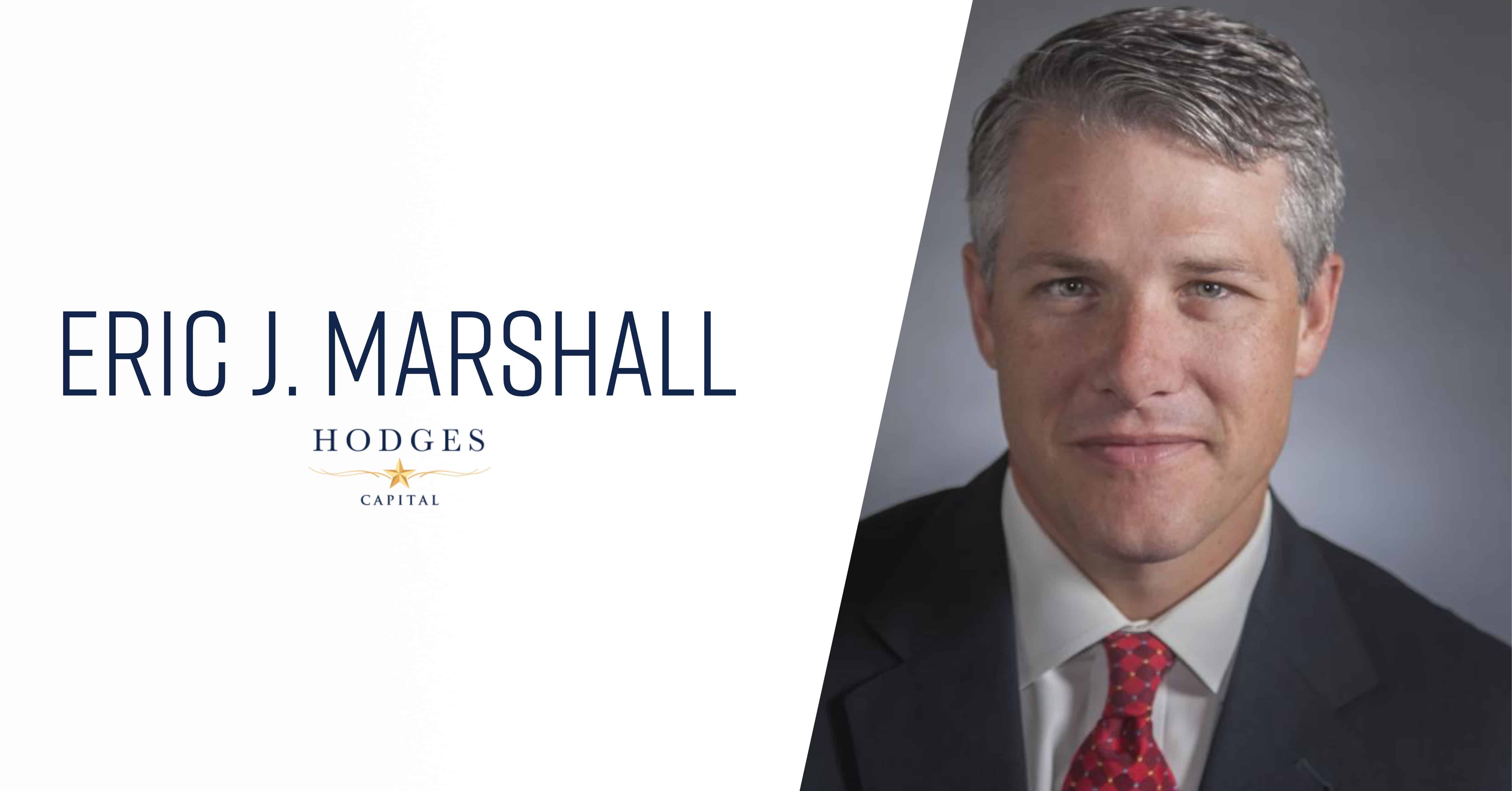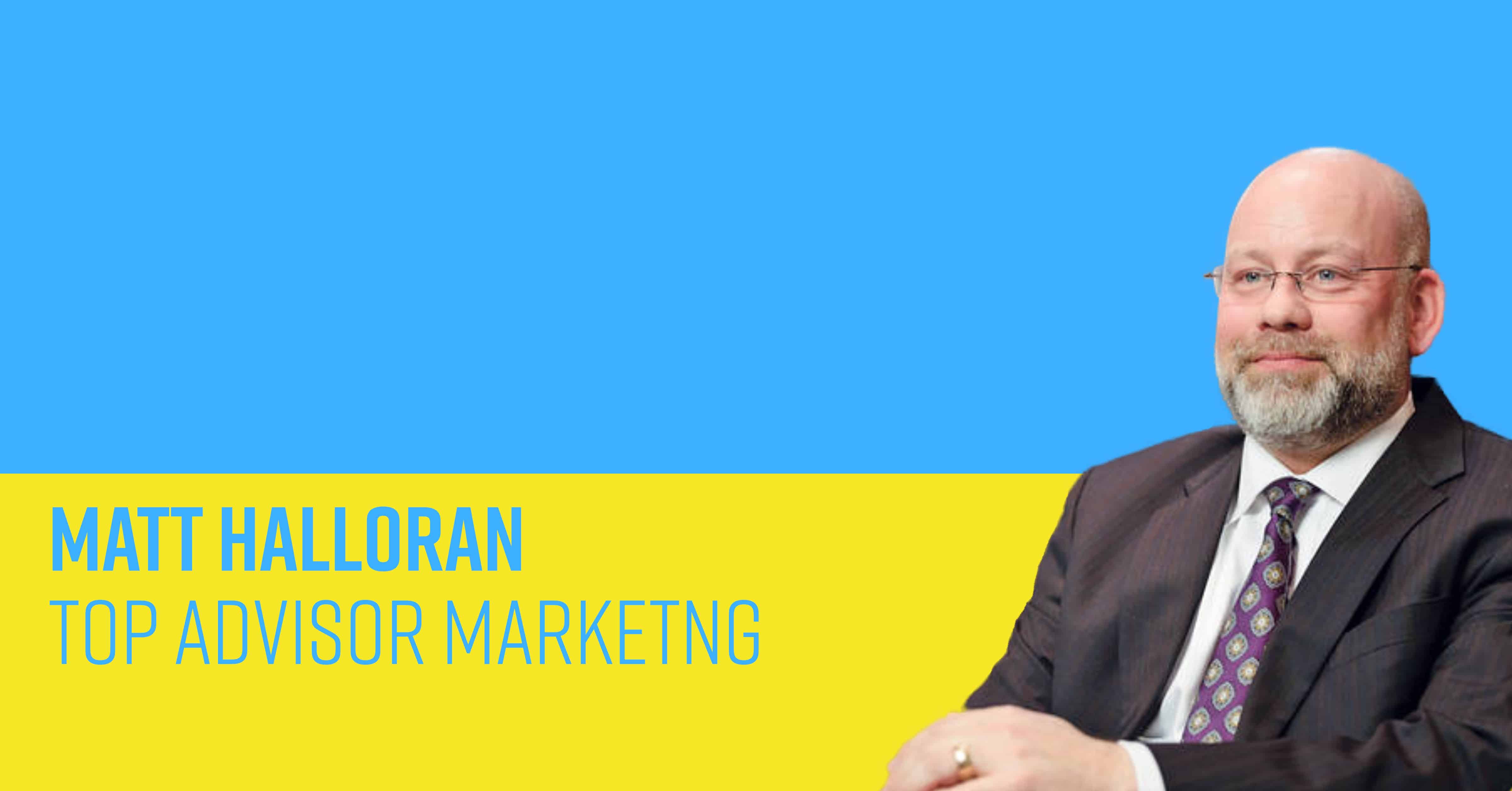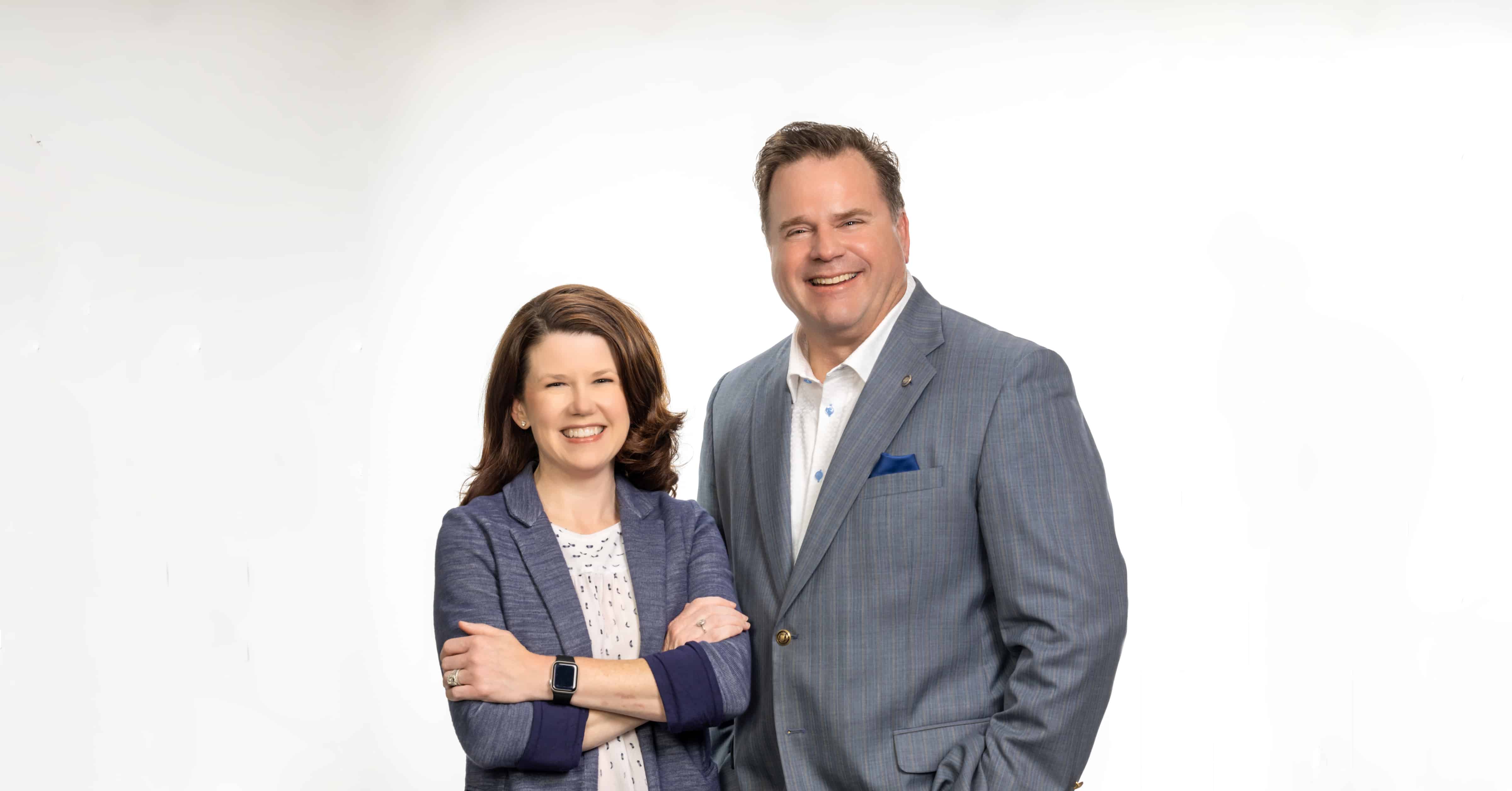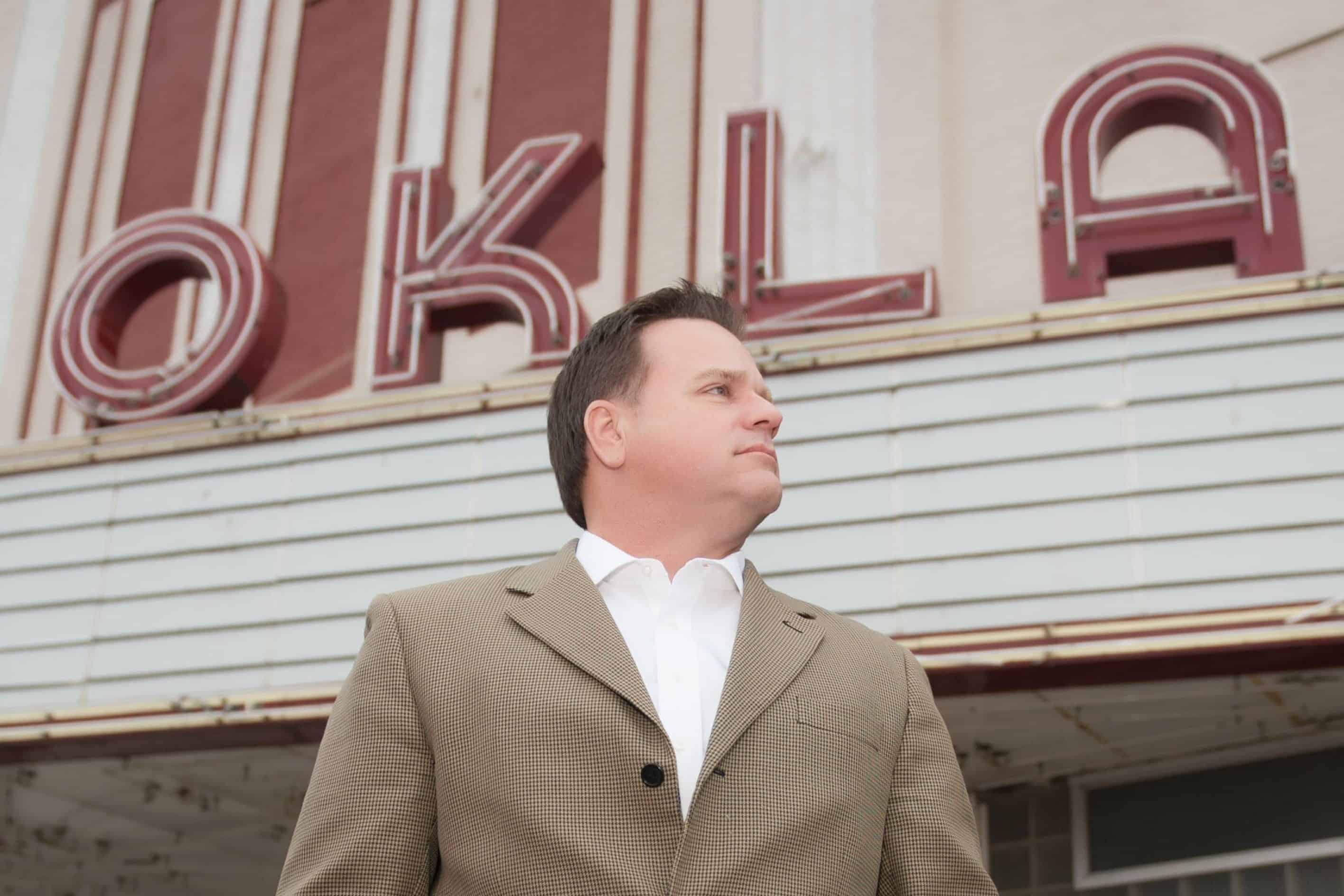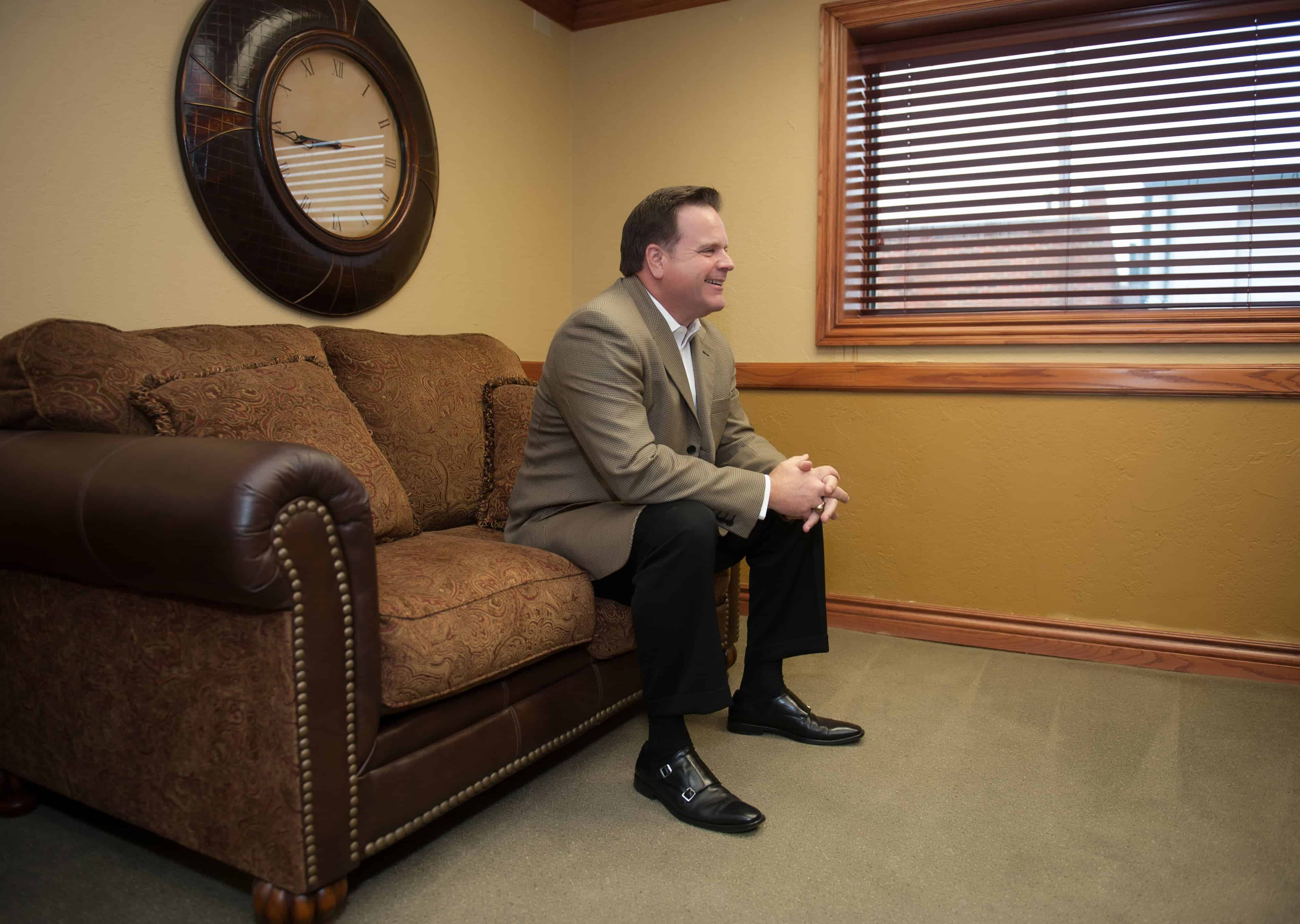According to NC State University, the Gen Z motto is “Work to live, not live to work”. As we get older, we are taught that your job should be your number one responsibility, but why? If you work a full-time job, you work around 40 hours a week and 8 to 10 hours per day. Only giving you 16 to 14 hours to commute to work, eat balanced meals, take care of yourself, complete household chores, enjoy family time, and sleep. Most of those who work have a “second shift” when they get home. Some are even trying to complete higher education, so adding in the time it takes to work on those projects takes away a few more hours.
The ideal work week became a law in the United Stated in 1938. This created a 40-hour, five-day work week with overtime pay for any hours worked beyond that. During this time, it was the norm for one person in a family, usually the woman, to stay home and look after the household chores and children. Since there was someone doing all the household work, it was not that big of a deal for the other person to work so many hours. Now that both parties of the household usually work full-time, this no longer makes sense.
Although the work week hours have been reconsidered many times, the reality of work during COVID-19 showed that reduced work hours not only benefits the employees, but also the employer. Iceland conducted a trial from 2015-2019 and found some not so surprising results. Having a four-day work week increased the employees productivity and well-being, improved the balance between work, health, and home life, and reduced burn out. Being at work 8 hours each day, does not mean you are working at your best for those 8 hours. Shortening the work week may lose work hours but increases the amount of productivity. Working less hours means less burnout. When you have time off to look forward to, you are more likely to get your work done so that you can enjoy your weekend.
How does the work week successfully get shortened? The work culture will have to be changed as a whole. Overworking is glamorized and the employee who works the most is the one that stands out, but that is not how it should be. Being a good worker is not about proving yourself individually but making sure that you are playing your role in your team. To make this clear, each employer should have ground rules on employee work hours to prevent the overwork culture.






